Events
New Campaign Calls on Nigerian Companies to Create Real Pathways for Women in Leadership
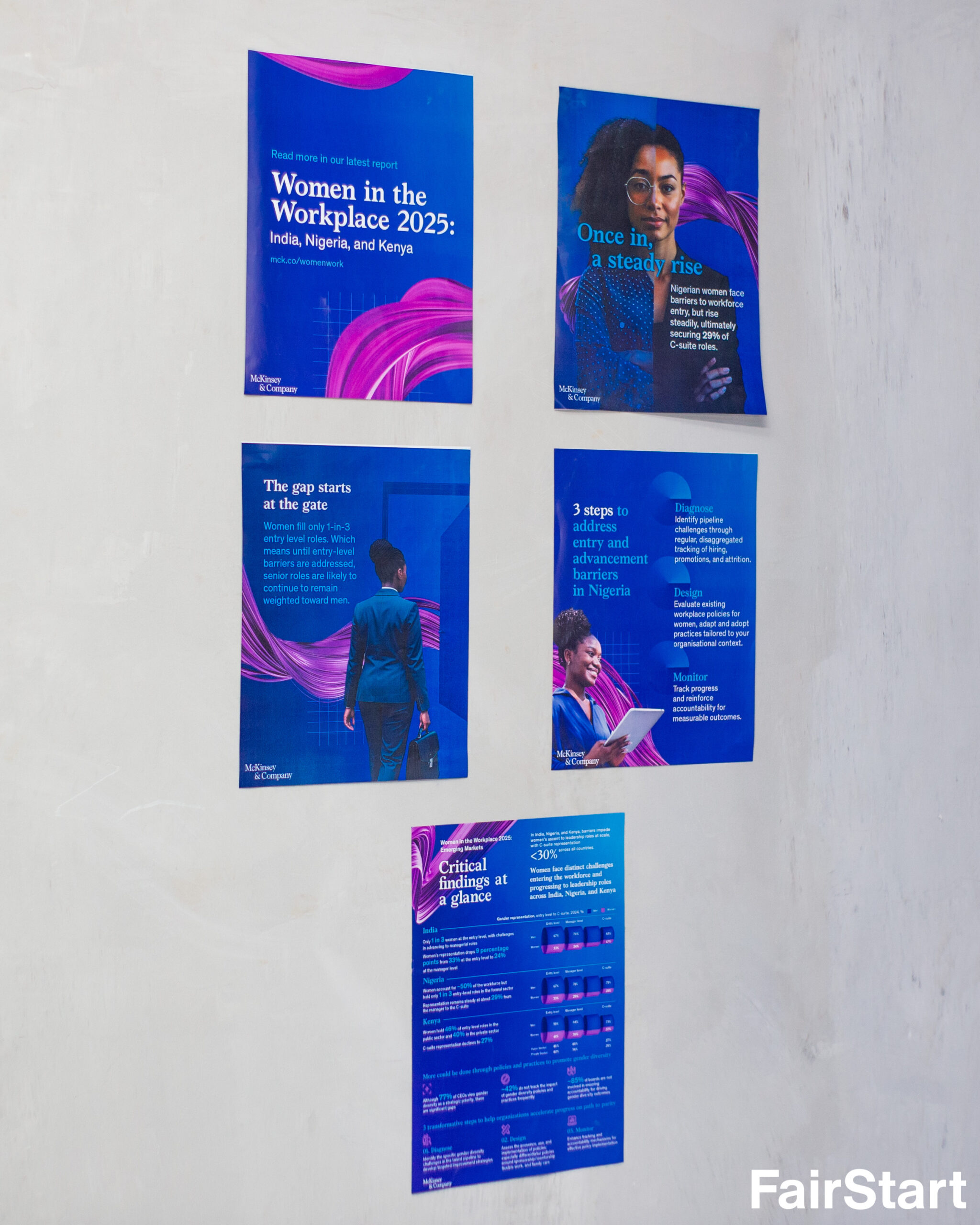 Despite years of advocacy, women in Nigeria continue to face invisible ceilings and systemic exclusion across nearly every sector. The #LevelTheField campaign confronts this reality directly combining data, storytelling, and leadership voices to demand more accountability from employers and institutions across both the public and private sectors.
Despite years of advocacy, women in Nigeria continue to face invisible ceilings and systemic exclusion across nearly every sector. The #LevelTheField campaign confronts this reality directly combining data, storytelling, and leadership voices to demand more accountability from employers and institutions across both the public and private sectors.
Drawing on findings from the McKinsey–Reykjavik Women in the Workplace report, the campaign shines a light on how women are excluded from opportunities from the very first step. In Nigeria’s formal private sector, only one in three entry-level roles is held by a woman. 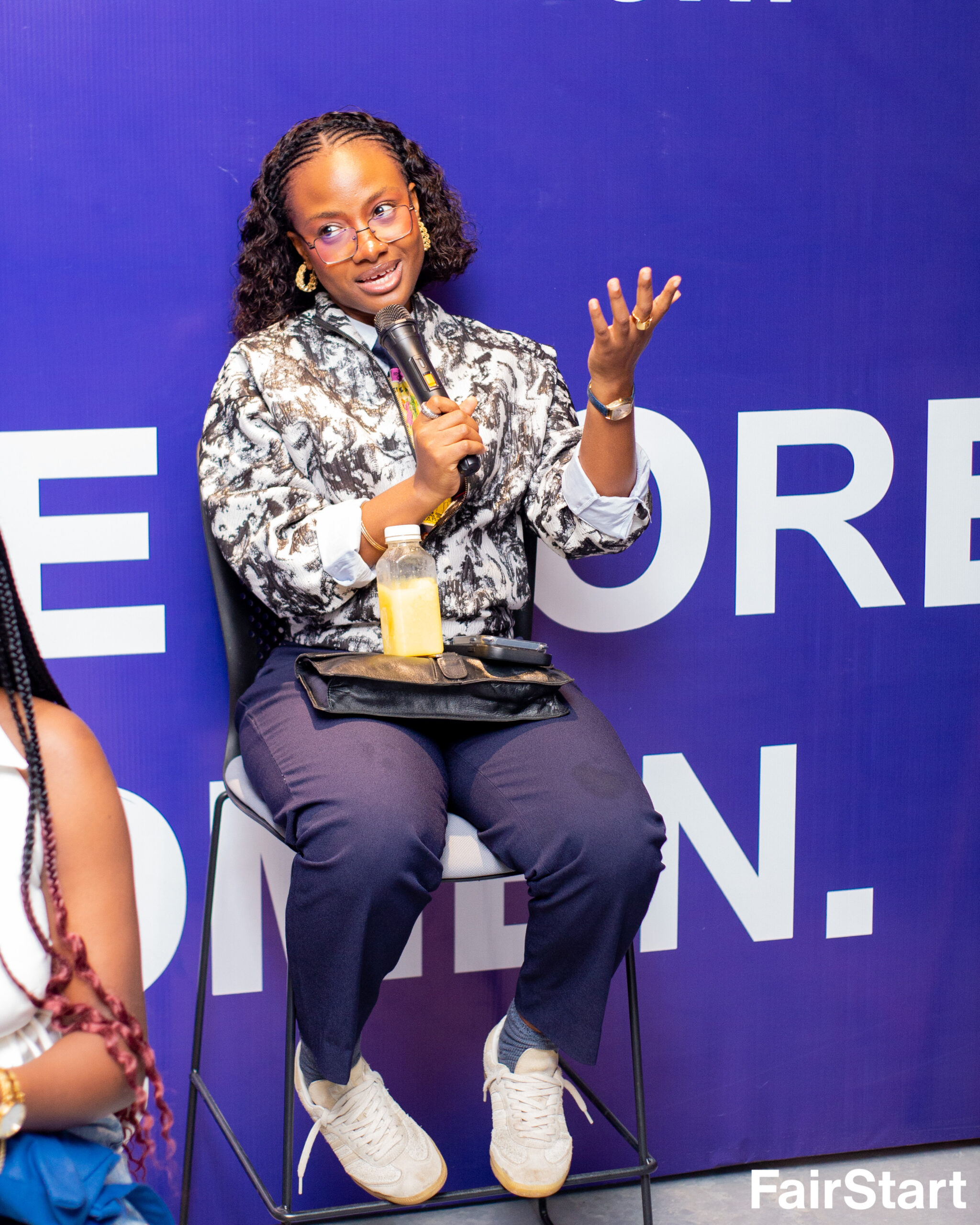 And for the few who make it to senior roles, three in ten leave within a year, often due to lack of support and workplace design that penalises caregivers. Despite 77% of CEOs saying gender equity matters, only 33% of companies track promotions by gender. These gaps are not coincidental—they are structural.
And for the few who make it to senior roles, three in ten leave within a year, often due to lack of support and workplace design that penalises caregivers. Despite 77% of CEOs saying gender equity matters, only 33% of companies track promotions by gender. These gaps are not coincidental—they are structural.
Across sectors, the systems that should support women’s growth—mentorship, sponsorship, inclusive policies—are often missing or ineffective. And in many companies, there is no infrastructure to track progress or even identify the gaps.
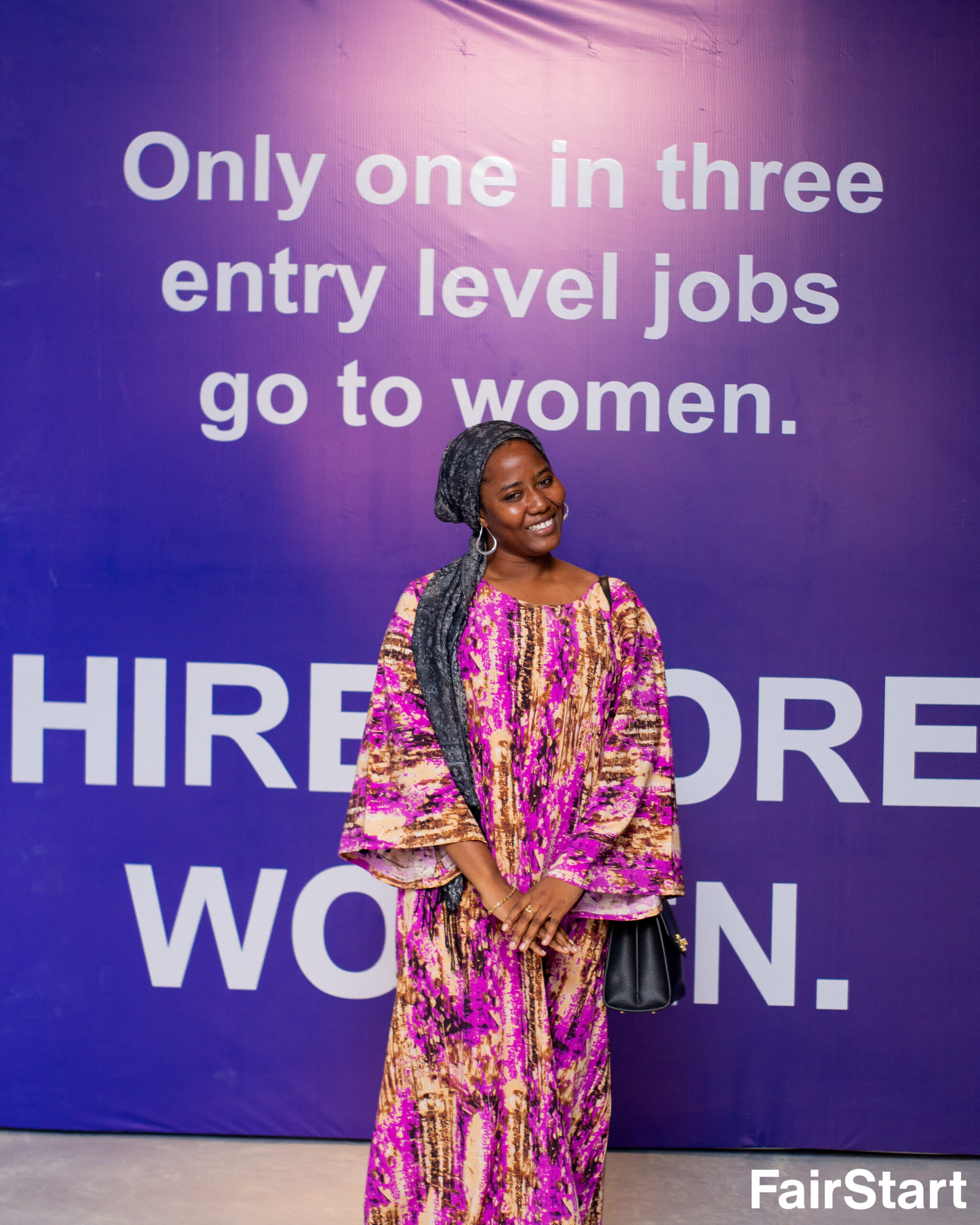 As Aishah Ahmad, former Deputy Governor of the Central Bank of Nigeria, puts it:
As Aishah Ahmad, former Deputy Governor of the Central Bank of Nigeria, puts it:
The data confirms what we’ve known intuitively: women don’t get a fair shake in leadership. It’s not a talent issue; it’s a design flaw. These processes are structured to churn out unequal outcomes.
The challenge, then, is not simply a lack of awareness but a lack of action.
Policy alone doesn’t level the field; systems do, says Vivianne Ihekweazu, Managing Director of Nigeria Health Watch. We need to build systems that track data from entry-level to executive roles.
 #LevelTheField is calling on Nigerian companies to:
#LevelTheField is calling on Nigerian companies to:
- Hire more women, especially at entry and mid-level roles;
- Build structured pipelines that support their growth into managerial and executive leadership
- Track gender hiring and promotion data to understand and address the gaps;
- Create workplaces that support women, with family-friendly, flexible, and inclusive policies.
This isn’t just about fairness, but about performance, retention, and building stronger, future-ready institutions. Despite widespread public commitments to inclusion, real progress will only come when companies treat gender equity like any other business priority, with metrics, accountability, and sustained effort.
Because when the system is broken, change isn’t accidental — it’s intentional.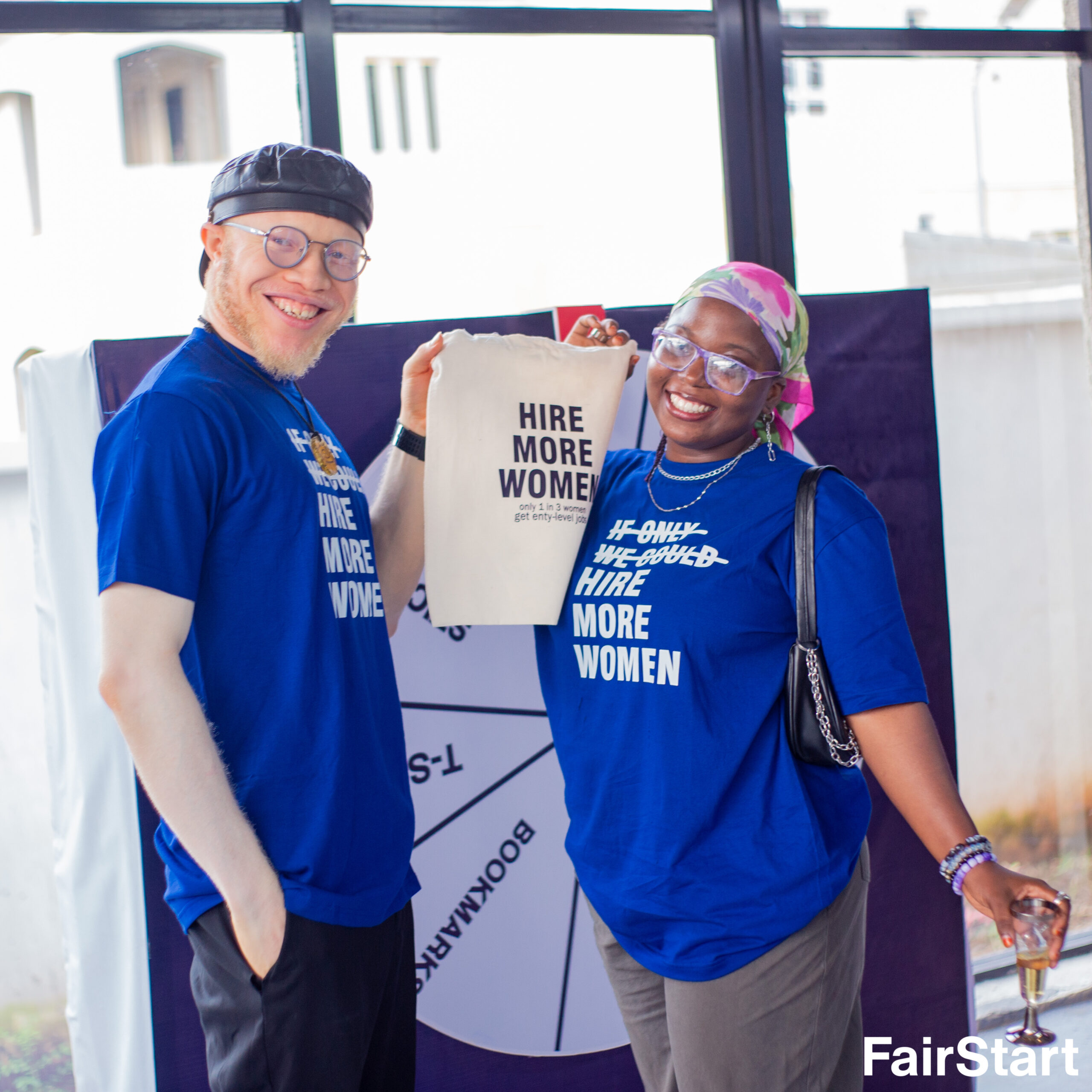
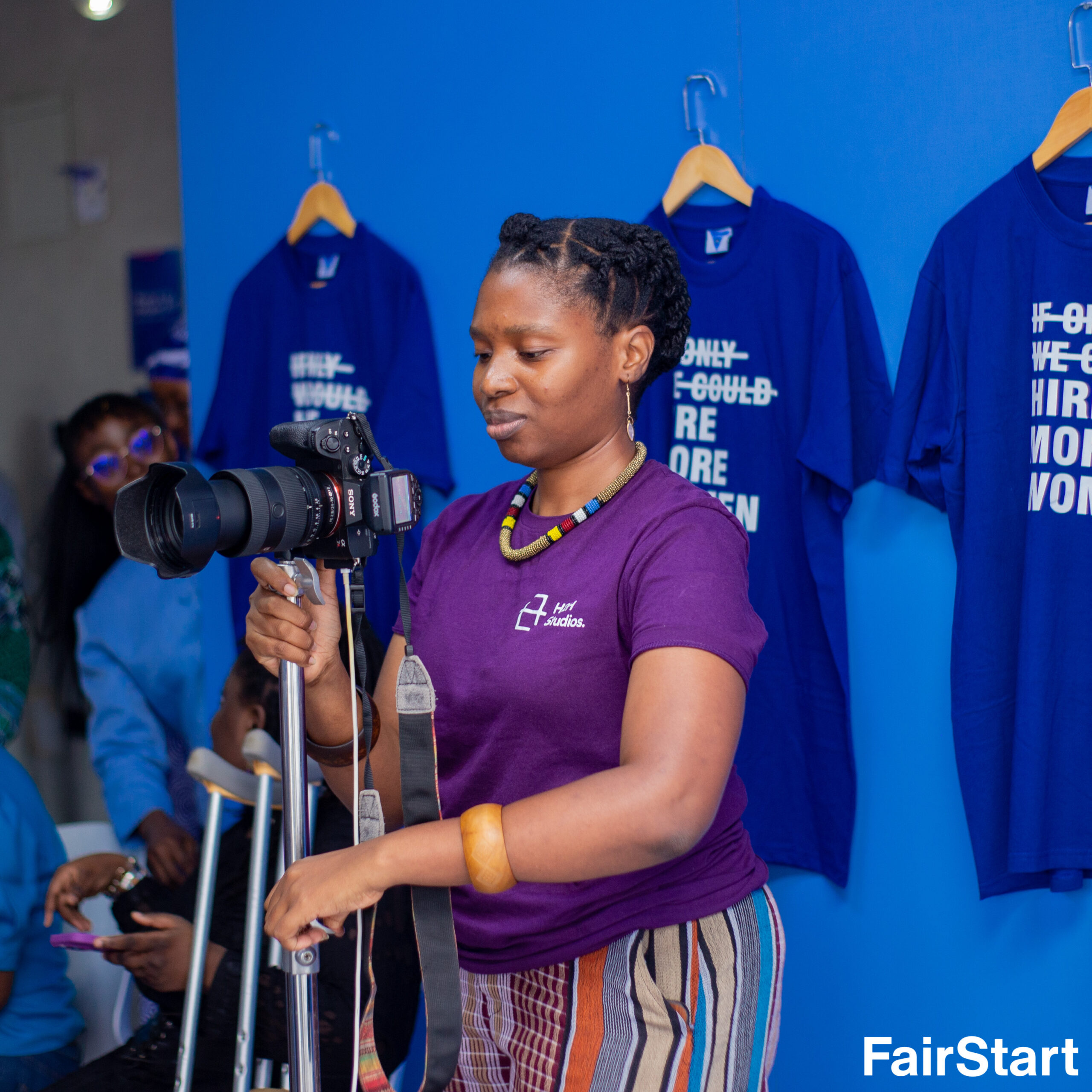



Sponsored Content




















